From Ancient Civilizations to Modern Society: A Journey Through Global History
History is a vast tapestry woven with the threads of countless civilizations, cultures, and events that have shaped the modern world. The journey from ancient civilizations to contemporary society is marked by significant milestones, transformative shifts, and enduring legacies that illustrate humanity’s resilience and innovation. This article explores the evolution of human societies, highlighting key developments from ancient times to the present day.
The Dawn of Civilization
The origins of human civilization can be traced back to the emergence of agriculture approximately 10,000 years ago. The Neolithic Revolution enabled groups of people to settle in one place, developing complex societies. Mesopotamia, often referred to as the "Cradle of Civilization," saw the rise of the Sumerians around 3000 BCE, who established city-states, developed writing (cuneiform), and made advancements in mathematics and astronomy. Similarly, the Ancient Egyptians thrived along the Nile, creating monumental architecture, intricate religious beliefs, and a centralized government.
In Asia, the Indus Valley Civilization flourished, showcasing advanced urban planning and impressive trade networks. The emergence of dynasties in China, particularly during the Shang and Zhou periods, marked significant innovations in governance, philosophy, and technology. Meanwhile, the Americas saw the rise of the Olmec and later the Maya and Inca, each contributing uniquely to human achievements in architecture, mathematics, and governance.
The Classical Era
As societies grew more complex, so too did their interactions. The Classical Era (circa 500 BCE to 500 CE) was characterized by the establishment of empires, the proliferation of trade routes, and the exchange of ideas. The Persian Empire connected diverse cultures across the Middle East, while the Greeks laid the foundations for Western philosophy, science, and political thought. The conquests of Alexander the Great spread Hellenistic culture far and wide, blending local traditions with Greek ideas.
In Rome, the Republic transitioned into an Empire, unifying vast territories under centralized authority. Roman innovations in law, engineering, and governance left a lasting impact on Western civilization. Concurrently, the Maurya and Gupta Empires in India made significant strides in religion, science, and the arts, with the teachings of Buddhism spreading across Asia.
The Middle Ages
After the fall of the Western Roman Empire in the 5th century CE, Europe entered a period known as the Middle Ages, marked by feudalism, the rise of Christianity, and the slow but steady development of centralized monarchies. The Byzantine Empire continued to thrive, preserving classical knowledge and advancing culture.
In the Islamic world, the Golden Age (8th to 14th centuries) saw unprecedented advancements in mathematics, medicine, and philosophy, with scholars like Al-Farabi and Avicenna leading the way. The Silk Road, connecting Asia, the Middle East, and Europe, facilitated not only commerce but also cultural exchange, allowing ideas to flow across regions.
The Renaissance and Enlightenment
The Renaissance, beginning in the 14th century, ignited a revival of classical learning and sparked a cultural rebirth in Europe. Artists like Michelangelo and Leonardo da Vinci pushed artistic boundaries, while thinkers such as Machiavelli and Erasmus questioned traditional structures. This intellectual rejuvenation laid the groundwork for the Enlightenment, a period characterized by reason, individualism, and a challenge to accepted norms.
The Enlightenment thinkers—such as Locke, Rousseau, and Voltaire—paved the way for revolutions and the birth of modern democracies. The American Revolution (1775-1783) and the French Revolution (1789-1799) marked significant turning points, emphasizing the principles of liberty, equality, and fraternity.
The Industrial Revolution and Modern Era
The late 18th and 19th centuries ushered in the Industrial Revolution, a period of profound technological and economic transformation. The transition from agrarian economies to industrialized societies fundamentally changed the fabric of life, leading to urbanization, shifts in labor, and the rise of capitalism. Innovations in transportation, communication, and manufacturing propelled nations into new economic realms and increased interconnectedness globally.
As the 20th century unfolded, two World Wars, the Cold War, and decolonization reshaped the global landscape. These events led to the establishment of international organizations like the United Nations, an effort to foster peace and cooperation. The second half of the century witnessed significant social movements advocating for civil rights, gender equality, and anti-colonialism, each striving to dismantle oppressive structures.
Contemporary Society
Today, we live in a world that is more interconnected than ever before. Globalization has facilitated the exchange of ideas, cultures, and commodities at an unprecedented scale. Technological advancements have transformed communication, education, and entire industries, while pressing challenges—such as climate change, pandemics, and social inequality—demand collective action and innovation.
Yet, as we advance into the future, the lessons of history remind us of the importance of understanding our past. The journey from ancient civilizations to modern society illustrates the complexities of human development, the interplay of cultures, and the enduring quest for progress.
Conclusion
From the earliest agricultural societies to the high-tech globalized world of today, humanity’s journey is characterized by adaptability, creativity, and a relentless drive toward improvement. As we continue to navigate the challenges and opportunities of the modern era, reflecting on the lessons of history can guide us in forging a more equitable, sustainable, and enlightening future for all.
For more on this fascinating journey through history, see [modern_footnote_source_link].




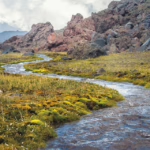










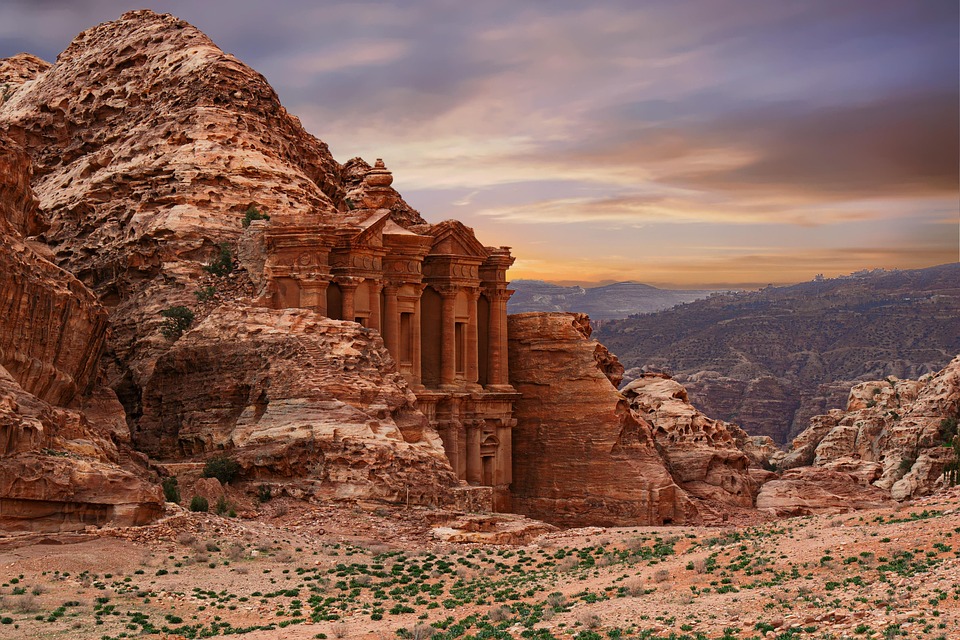

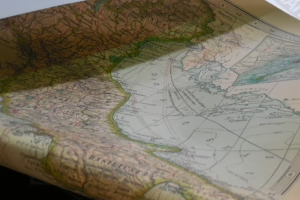
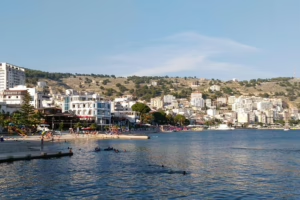

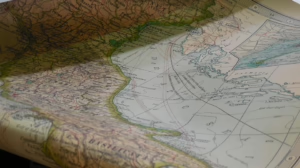





Add Comment